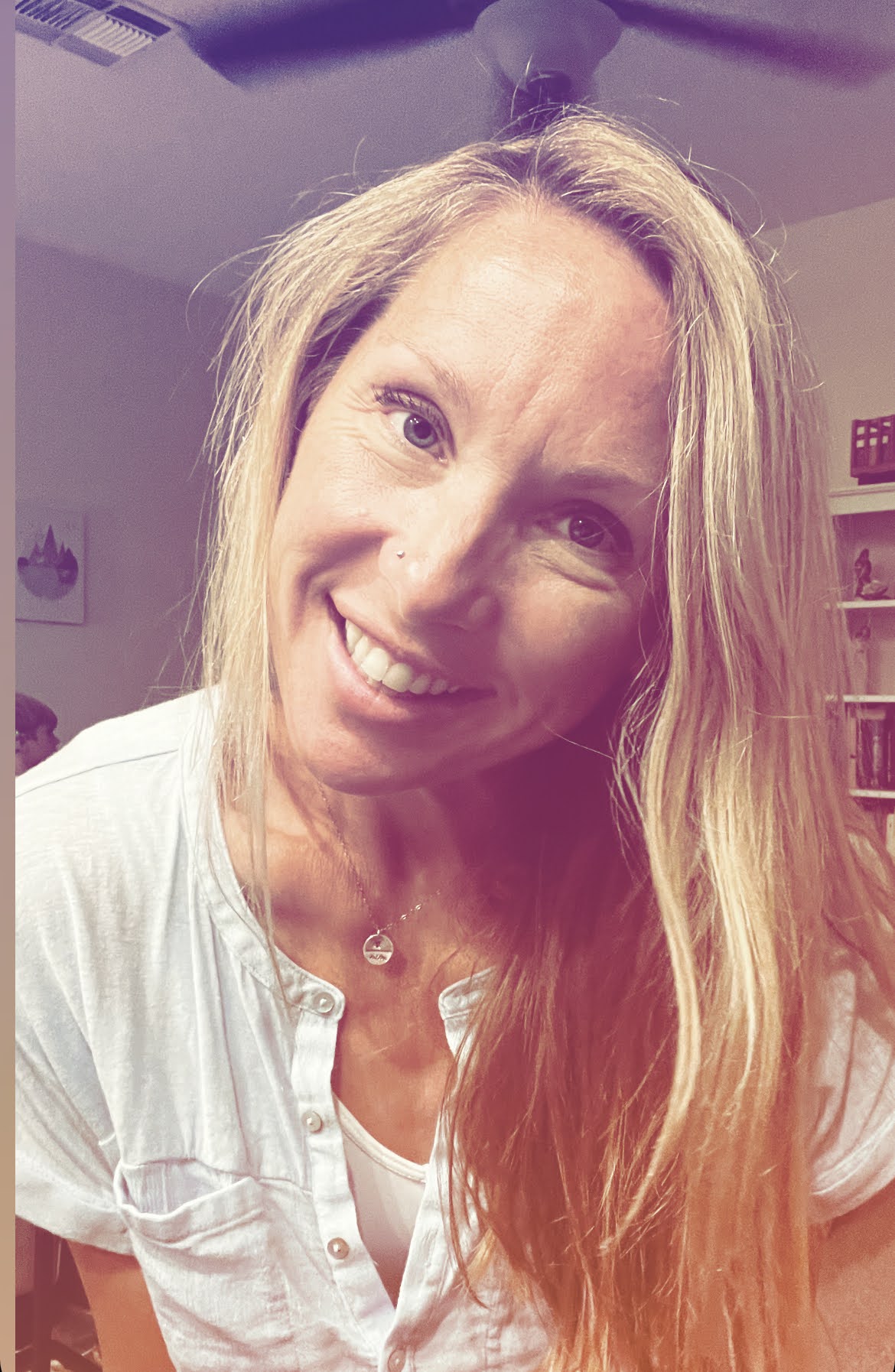A Caregiver’s Hope Can Be Found in Unexpected Places

A caregiver’s hope can be found in unexpected places. Guest blogger Heather Braucher and her husband recently discovered that hope through the words of Joni Eareckson Tada. Heather describes how hope has changed their perspective of their caregiving journey.
A caregiver’s hope can be found in unexpected places.
My husband was not looking for it. Even more, I’m not sure he knew how much he needed it. Because let’s be honest, hope can actually feel scary.
Sometimes it feels safer to accept the daily struggle and battle that is your reality. When you taste a sliver of possibility that life could be different, or things might be getting easier, when the all-too-familiar reminder that your circumstances have not changed and your situation is here for the long-haul returns, you regret feeling that small piece of hope.
For parents of children with special needs or medical needs and for caregivers, the temptation to live in a place of sober acceptance of your life’s realities is strong. In fact, it can become our only comfort.
Joni Eareckson Tada said it perfectly in John Piper’s book Suffering and the Sovereignty of God. She wrote, “I did not want to let go of the sick, strange comfort of my own misery.”
This from a woman who, at the age of 17, had a diving accident that left her paralyzed from the neck down and confined to a wheelchair. She has been a quadriplegic for 40 years now and if anyone knows the battle that exists between finding hope in the midst of the daily struggle, it is her. You can find more of her story at Joni & Friends.
My husband came across Joni’s story and a perspective on suffering and hope that he had never heard before in Piper’s book. Joni referenced Luke 12:48: “When someone has been given much, much will be required in return; and when someone has been entrusted with much, even more will be required.”
My husband said, “Typically I view this verse through materialistic means—finances, time, talents—they are not for our own benefit but for the blessing of others. The verse left me feeling personally condemned or like I am just simply not doing enough. When honestly, I’m just trying to make it another day managing the special needs around me. But when Joni spoke about this verse the way she did, I felt encouragement instead of condemnation for the first time. I felt freedom to serve others. I felt hope.”
Joni said, “The way I see it, I’ve been given so much, I must pass on the blessing. We simply must, must pass on the hope to others.”
Here is a woman who has suffered greatly, and she is claiming to have been given much.
Our first reaction to her statement is “What? How?” How did she get to this place? This place of seeing suffering as a gift? And a gift that keeps on giving?
My husband and I have three children ages 11, 9, and 7. We have been managing the special needs of our youngest two for over 5 years now. Every year has looked different. For a while it felt like every year brought a new diagnosis. Caring for them well has required a lot of self-sacrifice and heartache. While we have so much to be grateful for, we fight daily the belief that life will always be hard and full of grief.
Through Joni, we saw that a caregiver’s hope can be found in unexpected places. She speaks to our very souls when she says, “For me, suffering is still that jackhammer breaking apart my rocks of resistance every day. It’s still the chisel that God is using to chip away at my self-sufficiency, and my self-motivation, and my self-consumption. Suffering is still that sheepdog snapping and barking at my heels, driving me down the road to Calvary where otherwise I do not want to go. My human nature, my flesh, does not want to endure hardship like a good soldier (2 Timothy 2:3) or follow Christ’s example (1 Peter 2:21) or welcome trial as friend. No, my flesh does not want to rejoice in suffering (Romans 5:3) or be holy as he is holy (1 Peter 1:15). But it is at Calvary, at the cross, where I meet suffering on God’s terms.”
She said, “It is when your soul has been blasted bare, when you feel raw and undone, that you can be better bonded to the Savior. And then you not only meet suffering on God’s terms, but you meet joy on God’s terms.”
Through the life, suffering, and ministry of another, my husband and I are encouraged to view our lives filled with caring for children with special needs through the lens of hope, purpose, and possibility.
My husband now sees the possibility for life to be more than simply making it through each day. He believes that there is a blessing here that we have been given because of joy that comes from the Lord (Romans 15:13) and can come through suffering. We both believe that we are blessed to be a blessing, and we now see that a caregiver’s hope can come from unexpected places.
Do you like what you see at DifferentDream.com? You can receive more great content by subscribing to the monthly Different Dream newsletter and signing up for the daily RSS feed delivered to your email.

By Heather Braucher
Heather Braucher is a member of the “Braucher Bunch” aka her energetic family of 5. The bunch includes her husband and their three children, all of whom are dominant and extroverted and are going to change the world (if she can keep them alive!) She has always held a passion for writing, but motherhood has given her a reason to share her experiences, heartaches, and victories with others. In her writing you will hear stories of hope as well as grief, as her family has navigated life in ministry in the US and overseas, all while discovering that 2 of her children have special needs. Her desire is to provide others with connection, understanding, encouragement and laughter, all washed with the love of Christ.
Subscribe for Updates from Jolene
Related Posts
The Lessons I Learned while Raising a Child with EA/TEF
Jolene Philo reflects on a lifetime of lessons learned while raising a child with EA/TEF and shares the insights she’s won.
Looking Back at Your Child’s EA/TEF Journey
Looking back at your child’s EA/TEF journey can give parents a new perspective about past events. Guest blogger Maggi Gale shares how her look back clearly showed her how God was with their family during their daughter’s very unusual first weeks of life in 2002. Three...
How Do I Let Go of My Adult EA/TEF Child?
Valeria Conshafter explores the question “How do I let go of my adult EA/TEF child?” for EA/TEF Awareness Month.






0 Comments